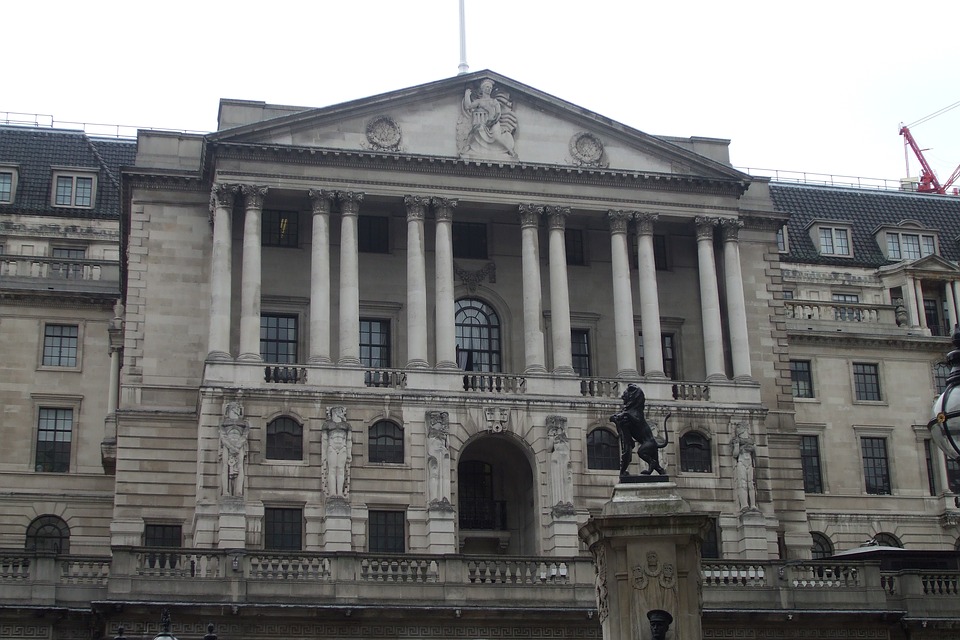The 2017 Bank of England Stress Tests – What to Expect
Key points
The key issue is and always was the (lack of) resilience of the UK banking system.
It is mathematically impossible to take a weak banking system, subject it to stress and come up with a resilient banking system.
The BoE stress tests are worse than useless because they offer false risk confidence, like a cancer test that cannot detect cancer.
The biggest risk facing the UK banking system is the Bank of England’s complacency about it.
The results of the next set of BoE bank stress tests are due to be released tomorrow morning.
The key issue, as always, will be the BoE’s attempt to portray a resilience that isn’t there.












